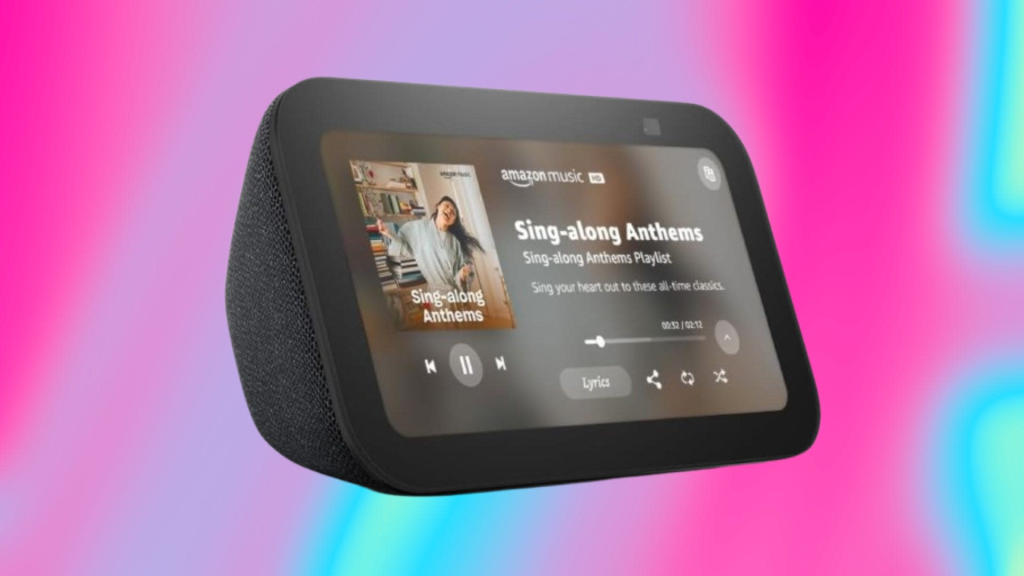Amazon is expected to tease a major AI-powered upgrade for its voice assistant Alexa later this month – one that could change how we interact with tech at home.
The company has sent out media invites for a Feb. 26 event in New York, where Panos Panay, who oversees Amazon’s Devices and Services team, will be among the speakers. Panay joined Amazon last year after spending decades at Microsoft, where he helped shape the Surface product line.
The event is expected to preview Alexa’s long-rumored generative AI voice capabilities, which could significantly enhance its ability to engage in more natural, contextual conversations and complete multi-step tasks.
If announced, this would mark Alexa’s most significant evolution since its debut in 2014. Although Amazon has long been a leader in the AI assistant space, the landscape is rapidly shifting. Companies like OpenAI, Google and Anthropic are rolling out increasingly sophisticated AI assistants capable of multitasking and completing complex requests.
Currently, Alexa processes one command at a time. Last month, OpenAI introduced a new AI agent called Operator, which aims to handle everyday tasks like making dinner reservations, ordering groceries and filling out forms.
Amazon told CNET that the event will highlight the latest innovations from the Alexa team but did not provide further details.
With more than half a billion Alexa-enabled devices in homes worldwide, a generative AI upgrade could reshape how users interact with voice assistants – and potentially introduce a paid tier for more advanced capabilities. Reuters reported that Amazon has considered charging between $5 and $10 per month for the service, while keeping the original version of Alexa free.
Apple is also rumored to ramp up its smart home efforts with a Siri-powered, wall-mounted display designed to control household devices such as thermostats, lights, and appliances.
Expected to launch in March, the device is expected to be part of Apple’s push to compete more aggressively in the smart home market, where it has historically trailed behind Google and Amazon.



